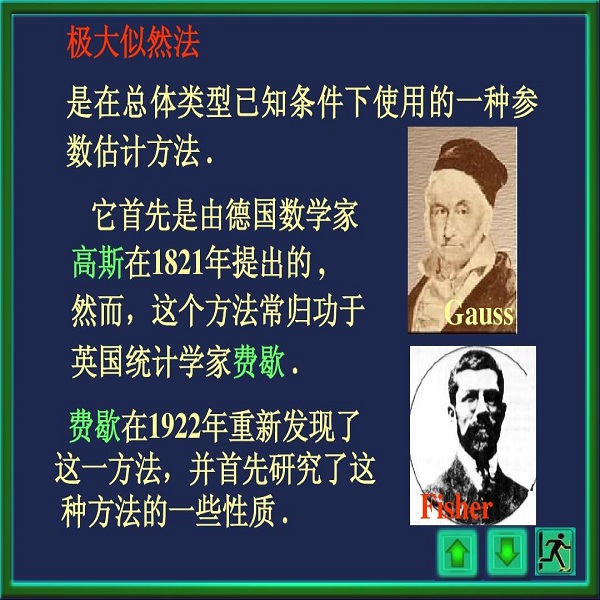In many domains, autoregressive models can achieve low log-likelihood on the task of predicting the next observation. However, this maximum-likelihood (MLE) objective does not necessarily match a downstream use-case of autoregressively generating high-quality sequences. The MLE objective weights sequences proportionally to their frequency under the data distribution, with no guidance for the model's behaviour out of distribution (OOD): leading to compounding error during autoregressive generation. In order to address this compounding error problem, we formulate sequence generation as an imitation learning (IL) problem. This allows us to minimize a variety of divergences between the distribution of sequences generated by an autoregressive model and sequences from a dataset, including divergences with weight on OOD generated sequences. The IL framework also allows us to incorporate backtracking by introducing a backspace action into the generation process. This further mitigates the compounding error problem by allowing the model to revert a sampled token if it takes the sequence OOD. Our resulting method, SequenceMatch, can be implemented without adversarial training or major architectural changes. We identify the SequenceMatch-$\chi^2$ divergence as a more suitable training objective for autoregressive models which are used for generation. We show that empirically, SequenceMatch training leads to improvements over MLE on text generation with language models.
翻译:暂无翻译



